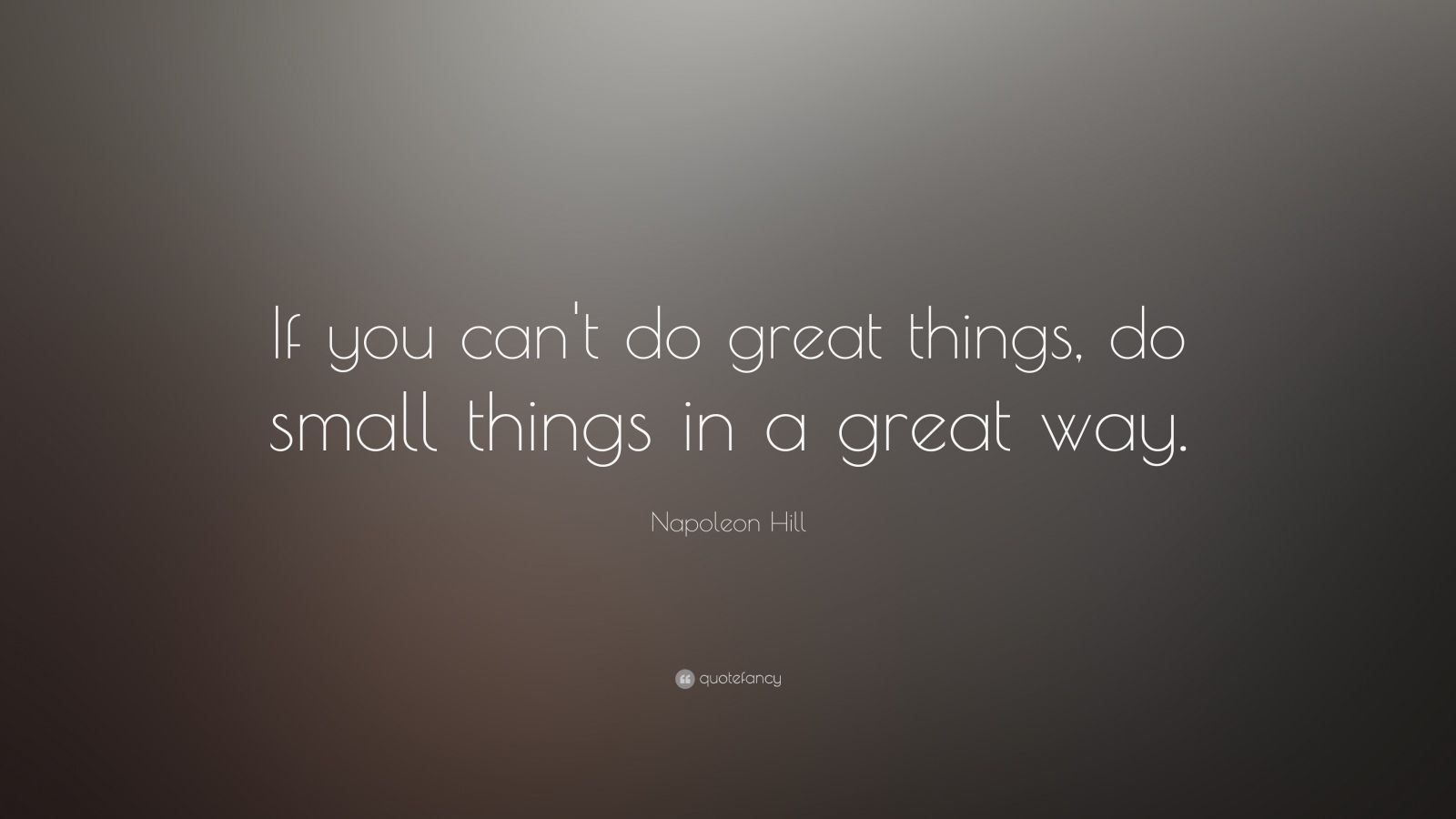
The source of procrastination sometimes runs a little deeper than a difficulty regulating emotions. Procrastination as a mental health symptom You might have a harder time pinning down other sources of emotional distress, especially when they relate to ongoing or deeper-seated sources of emotional turmoil. You avoid calling your sister after an argument, because you know you need to admit you were wrong and apologize.You put off a quick phone call to schedule your dental check-up, because you’re certain you have a cavity or two and feel anxious about facing an afternoon of drilling.Sometimes, it’s easy to see where the distress comes from: But you could also have some preconceived ideas about how awful and difficult that chore or assignment will turn out to be.Įither way, you set the task aside, promising yourself to handle it later when you feel better able to manage those feelings. Maybe you already experienced this irritation and frustration firsthand and don’t want a repeat.

It happens because you dread the emotional distress you foresee.
#ANOTHER WAYS OF SAYING YOU DON NOT GET THINGS DONE TIME HOW TO#
In other words, procrastination doesn’t happen because you’re lazy and unproductive or don’t know how to do something (though self-doubt can certainly factor in). Research suggests that procrastination often relates to your mood and emotional mindset. While it’s true that chronic procrastination often happens as a symptom, it sometimes plays more of a contributing role in ongoing mental and emotional distress. People commonly link procrastination to attention deficit hyperactivity disorder (ADHD) and other mental health concerns. can’t seem to stop putting things off, even when you face unwanted consequences at school, work, or home.feel like your stress about everything you have to do begins to affect sleep or physical health.

catch yourself filling your time with minor or less important tasks.have a hard time admitting your procrastination to yourself or anyone else (Maybe you don’t exactly lie about it, but you also have plenty of reasons for putting things off.).feel like it begins to affect your relationships with loved ones.find yourself procrastinating on a weekly, if not daily, basis.put things off in multiple areas of life - not just at work, for example, but also at home and with friends.regularly have a hard time meeting deadlines.That said, when procrastination becomes a pattern in your day-to-day life, it can start to cause some problems.Ī few key signs can help you recognize chronic procrastination, such as if you: Who hasn’t left the most obnoxious chores for last, or even a different day entirely? Or breezed in just under the wire for an important deadline, like doing taxes on April 14? Procrastinating usually doesn’t help, but occasional procrastination isn’t necessarily harmful, either. Read on to learn more about possible causes of chronic procrastination (spoiler: It’s not laziness) and get some tips on tackling it productively. When putting things off becomes your go-to solution, it can begin to affect your mental and emotional health, not to mention the ability to get things done. It’s not at all unusual to stall when you come up against situations that inspire discomfort, like writing a paper, scheduling a dentist’s appointment, or having a difficult conversation with your partner.Ĭhronic procrastination, though, is a horse of a different color. When the pressing need to complete it resurfaces, you might find yourself right back in the same place. Still, you can’t ignore the task forever. This might offer some short-term benefits - namely, the relief of dodging a frustrating job or unpleasant emotions. When you procrastinate, you’re pushing aside a specific task, as well as any unwanted feelings it calls up, like stress, boredom, or self-doubt.

Procrastination reflects the human bias toward the present, or the desire to gratify immediate needs and worry about the future when it arrives. Share on Pinterest Dean Mitchell/Getty ImagesĮver put off a chore simply because you weren’t in the mood to handle it? So has nearly everyone else on the planet.


 0 kommentar(er)
0 kommentar(er)
